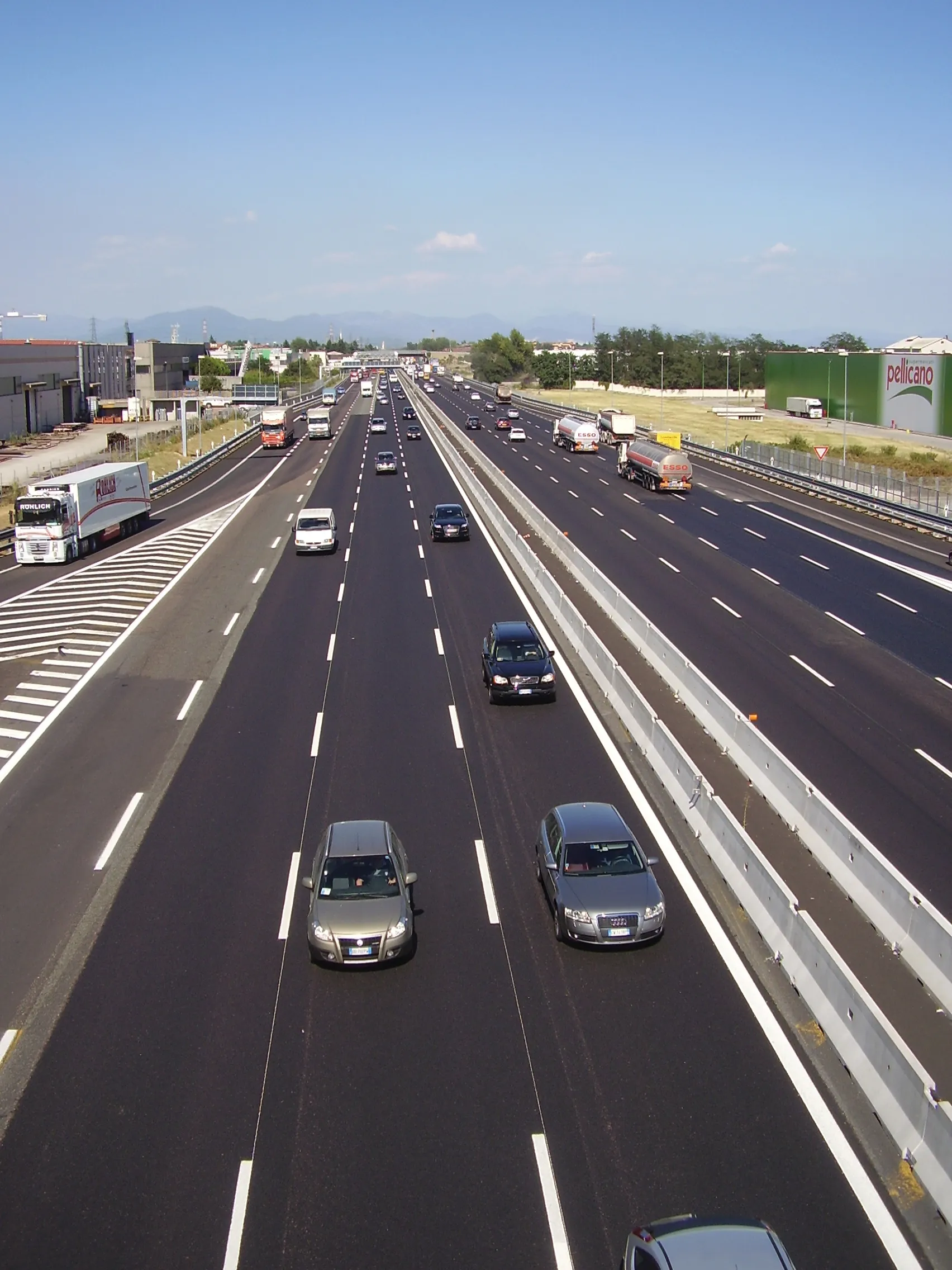Drivers listening to football matches drive erratically and are more likely to cause accidents, according to new research. The study, carried out by scientists at the UK's University of Leicester for an insurance company suggests that the pace of the game, goal scoring and penalty decisions can affect the ability and concentration of a football supporter sitting behind the wheel of a car.
February 29, 2012
Read time: 2 mins

Drivers listening to football matches drive erratically and are more likely to cause accidents, according to new research. The study, carried out by scientists at the UK's University of Leicester for an insurance company suggests that the pace of the game, goal scoring and penalty decisions can affect the ability and concentration of a football supporter sitting behind the wheel of a car. Tests were carried out using a driving simulator and showed that the driving ability of football fans can vary considerably and become erratic during a match. The research showed that football fans accelerated and braked harder while listening to a football match and drove closer to other vehicles on the road. The tests showed that driver behaviour could become erratic or aggressive during high-pressure situations within the games. According to a poll, up to 2 million British drivers listen to football matches on the car radio every day and the average driver hears a football match while at the wheel three times/month. Worse still, some 15% of those drivers polled admitted taking their hands off the steering wheel when the team they support scored a goal. The insurance company has not revealed whether it will offer cheaper policies to drivers who refrain from listening to sports while at the wheel.






